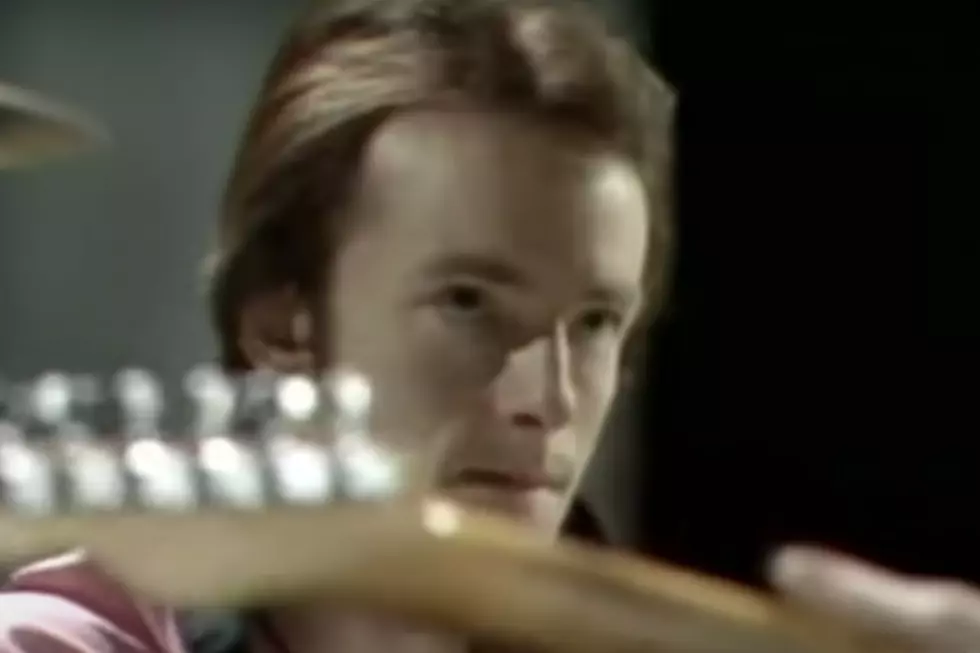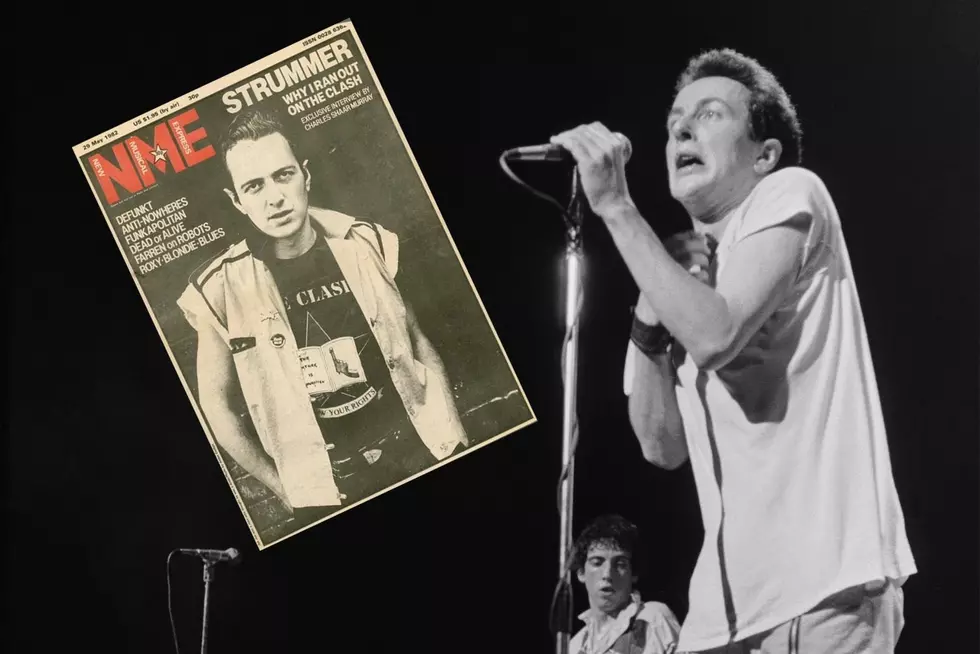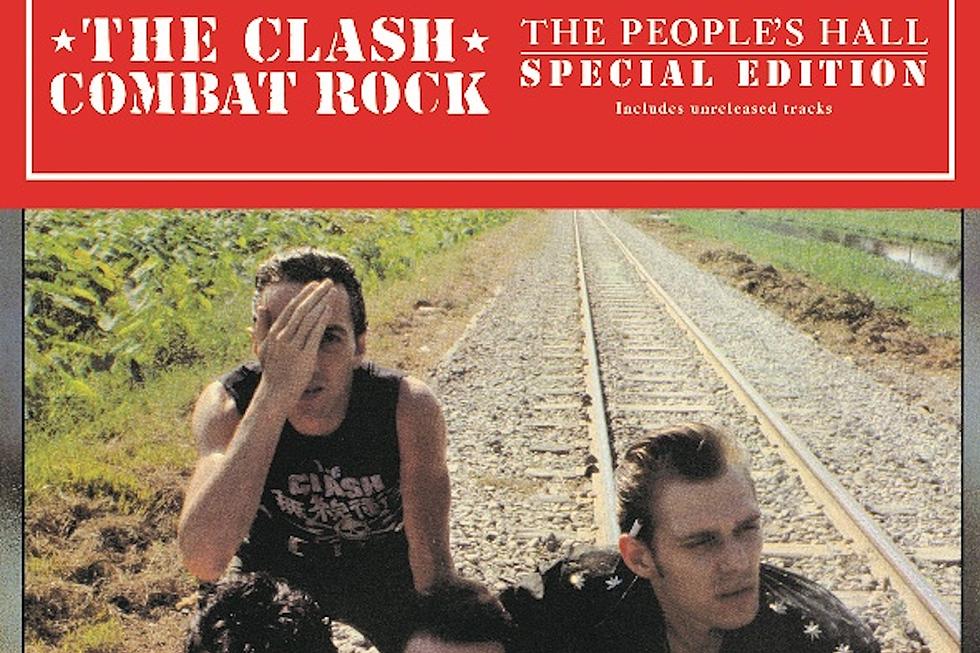
How the Clash Came to a Crossroads With ‘Combat Rock’
The Clash’s fifth album, Combat Rock, came at a crossroads for the band in 1982. Their ambitious 1980 three-LP set, Sandinista!, was viewed as something as a disappointment in their native U.K.
But in the U.S., the group’s reputation was on an upswing: Sandinista! charted higher than 1979’s landmark London Calling, and a late-spring 1981 residency at New York City’s Bond’s International Casino – a stay marked by issues with venue capacity and, consequently, high-profile incidents with unruly fans – was tumultuous but ultimately triumphant.
Perhaps, then, it’s no surprise that Combat Rock became the Clash’s most successful album in the States after its May 14, 1982 release. The album landed at No. 7 on the Billboard album chart, and spawned a Top 10 single in "Rock the Casbah."
The album continued in the genre-clashing vein of Sandinista!, albeit with laser-precise focus and concise song lengths. In the 2004 book Passion Is a Fashion: The Real Story of the Clash, author Pat Gilbert credits Combat Rock mixer Glyn Johns — who was known for his work with acts such as the Who and the Beatles — for slicing and dicing the album into shape – despite strenuous objections by Mick Jones. The guitarist/vocalist's mix of the album, titled Rat Patrol From Fort Bragg, is now a much-sought-after bootleg.
Combat Rock is remarkably cohesive despite being rather, well, unorthodox. The album touches on spooky, bass-heavy post-punk ("Red Angel Dragnet"), laissez-faire reggae ("Car Jamming"), half-time punk rabble-rousing ("Should I Stay or Should I Go"), disco-tinged hip-hop ("Overpowered by Funk") and rockabilly-infused rock ("Know Your Rights").
The second half of the album is even stranger. There’s a rickety spoken-word tune with a psych-folk feel ("Death Is a Star"), a tune with mournful saxophone and sparse, tribal percussion ("Sean Flynn") and a reggae-influenced tune with a cameo by poet Allen Ginsberg ("Ghetto Defendant").
Watch the Clash's 'Rock the Casbah' Video
Even "Rock the Casbah" is remarkably weird: It’s a jaunty post-disco celebration of music transcending religious oppression, with a solid foundation of boogie-woogie piano grooves.
Combat Rock was also a remarkable lyrical achievement. In Passion Is a Fashion: The Real Story of the Clash, Gilbert notes the album’s “anti-war” bent and called it “the Clash’s last great statement, and maybe their most important. … Its two fixations, New York and Vietnam, conjoin to produce a damning indictment of American foreign policy and an exuberant celebration of American street culture.
“The Clash, it seemed, had acquired the knack of writing ugly truths about America with a directness white American songwriters didn’t then dare, and wouldn’t manage to do as boldly until [Bruce] Springsteen’s Born in the U.S.A. two years later.”
Despite its critical and commercial success, Combat Rock is widely seen as the beginning of the end of the Clash. Drummer Topper Headon was booted from the band due to his drug abuse soon after its release, while Jones and frontman Joe Strummer’s vehement disagreements about the album’s direction damaged their relationship.
Still, the album lives on today via heavy radio play ("Should I Stay or Should I Go" remains an airwaves staple) and musical influence; most notably, "Straight to Hell" was sampled by rapper M.I.A. in her song "Paper Planes."
Unfortunately, "Rock the Casbah" has also become infamous in pop culture for being misunderstood. In 2006, it was even named one of the “50 Greatest Conservative Rock Songs” by the National Review.
Rockers With Hidden Talents
More From Ultimate Classic Rock









